What is it actually like living with an air source heat pump?
Heat pumps are gaining attention across the UK – but what’s it really like to live with one?
Tim Lunel, a project manager with Cosy Homes Oxfordshire, shares his personal experience after switching from oil to an air source heat pump (ASHP) in his Cotswolds cottage. A year on, Tim and his wife Trish have seen a real transformation – in both comfort and energy use.
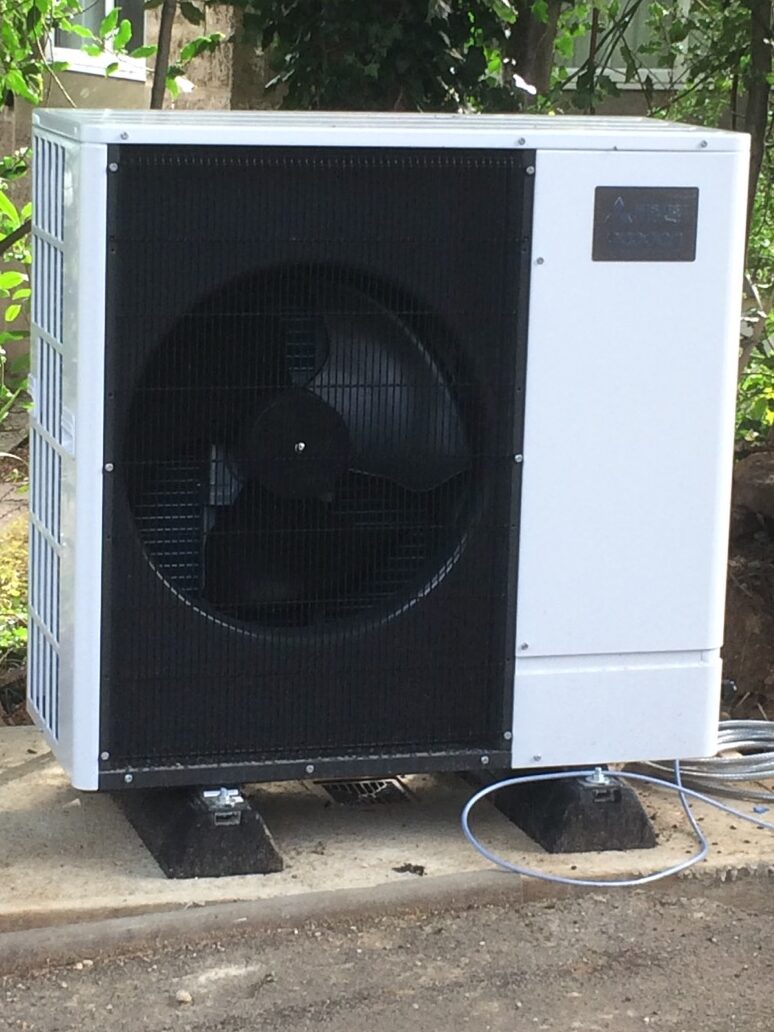
Comfort like never before
Tim shares that the biggest change has been how comfortable their home now feels. “We used to wake up to cold areas in the house during the winter, particularly in rooms like our old ‘playroom’, which we used to shut off in cold spells. Now, that space is a warm, welcoming kitchen with underfloor heating – the difference is incredible!”
Unlike traditional gas or oil boilers that blast out heat in short bursts, the heat pump provides a steady, even warmth. “There’s no more sudden blasts of heat,” says Tim. “Instead, the background warmth stays consistent, making the house feel cosier all day long.”
Even their cat has noticed – now happily curling up against the radiators, which no longer get too hot to touch.
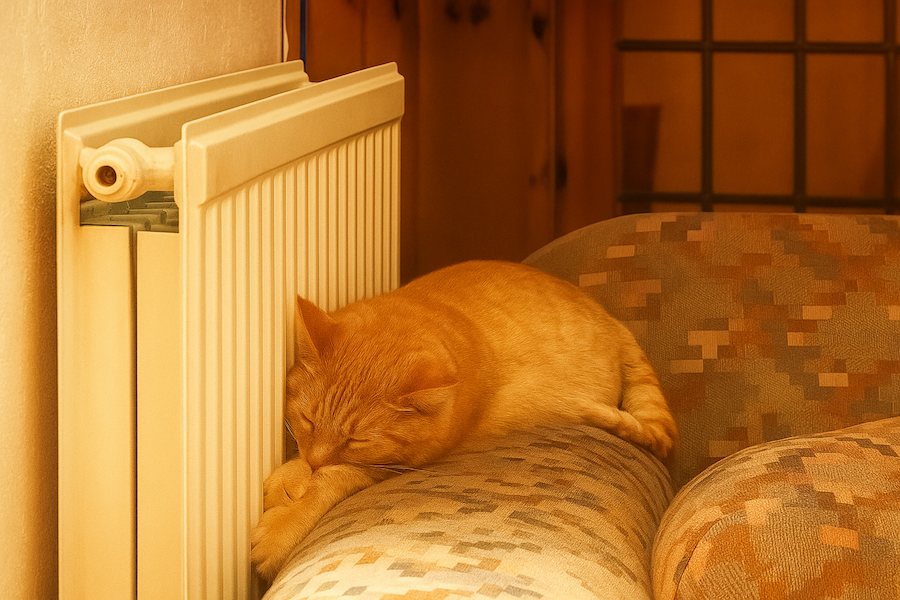
Lower running costs, higher efficiency
Heat pumps work more efficiently over longer periods, so they don’t have to blast heat to feel effective. “We were using around 1,800 litres of oil a year, which came with a big carbon cost – over 5 tonnes annually. With the heat pump, we’ve cut that by about 4 tonnes a year.”
The system now runs on renewable electricity – helped along by solar panels on the roof. “We’re powering much of our heating through our own solar generation, which makes a real dent in our energy bills too.”
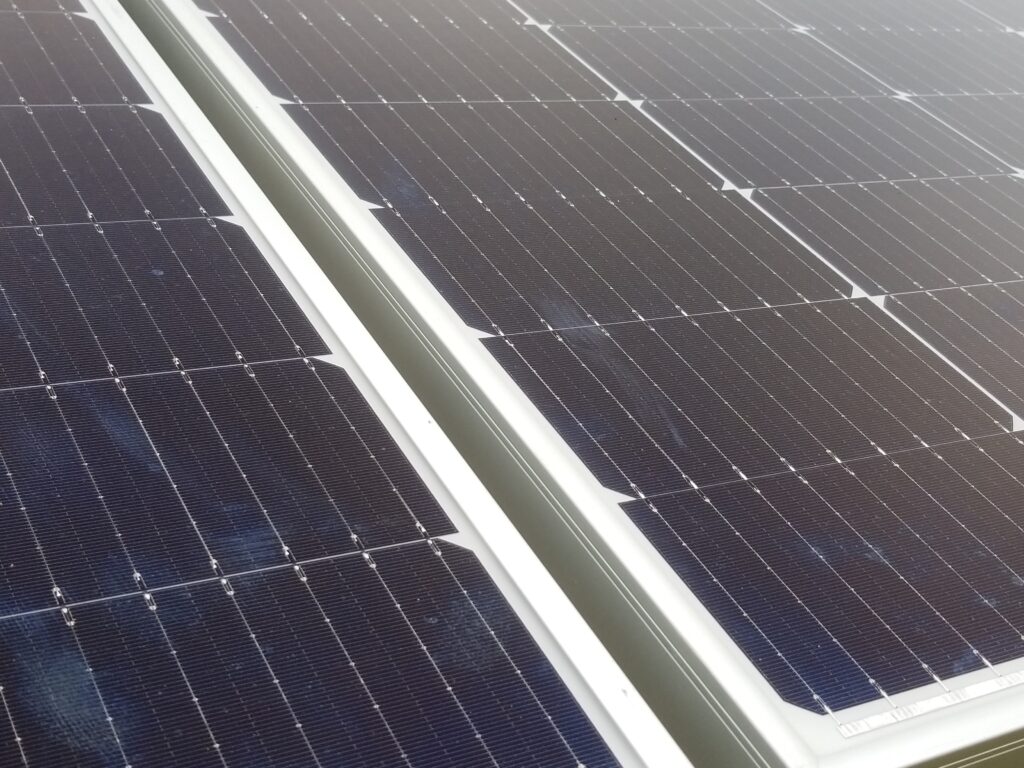
Long-term value and future thinking
The shift from oil to heat pump was a big decision – but one Tim says he’d make again. “Oil prices will only go one way, especially as the carbon cost gets built in. The heat pump makes our home more future-ready, and we’ve already seen the benefits in comfort, performance, and emissions.”
What Tim wants you to know
“If you’re thinking about making the switch, my advice is simple: start with a proper plan. The support from Cosy Homes Oxfordshire made the whole process smoother – from assessment to installation. And now we live in a home that’s genuinely more comfortable and lower carbon.”
Ready to take the next step?
Every home is different. That’s why we offer tailored advice and a clear, joined-up plan – so you can make confident decisions that really work for your home.
all our team on 0330 223 2742 , or send us a message to start your journey to a warmer, quieter, and more energy-efficient home.
Smarter home upgrades. Backed by trusted local expertise.
Get inspired
Read the full story of Tim’s Cotswolds cottage retrofit – and how switching from oil to a heat pump improved comfort, cut carbon, and made his home easier to live in.
Read next…
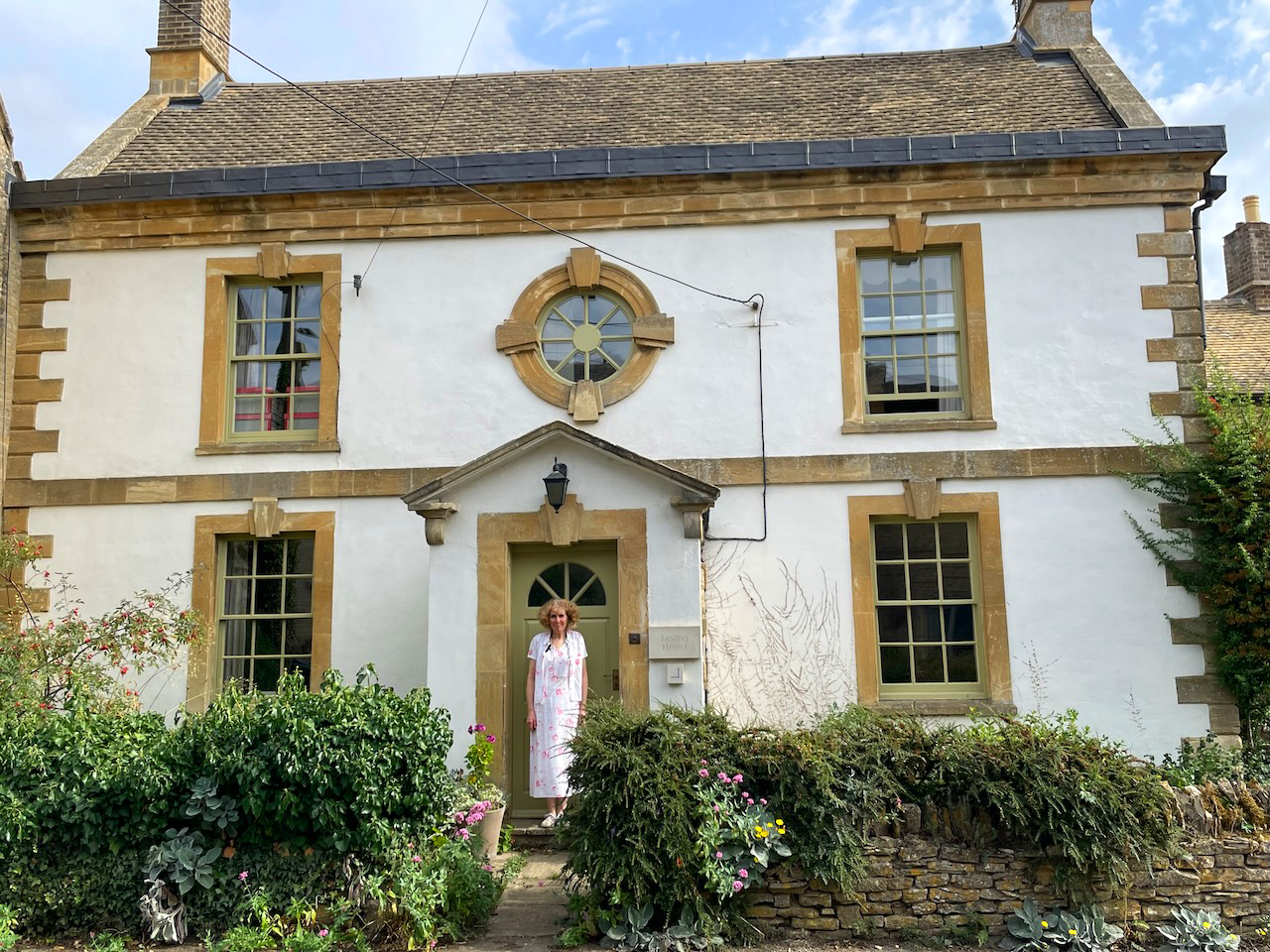
Historic Chadlington house reveals its story
Sandys House in Chadlington is a Grade II listed former village inn brought gently into the modern day through a thoughtful whole-house retrofit. Jane set out to protect its character while making it warmer, healthier and more efficient. This case study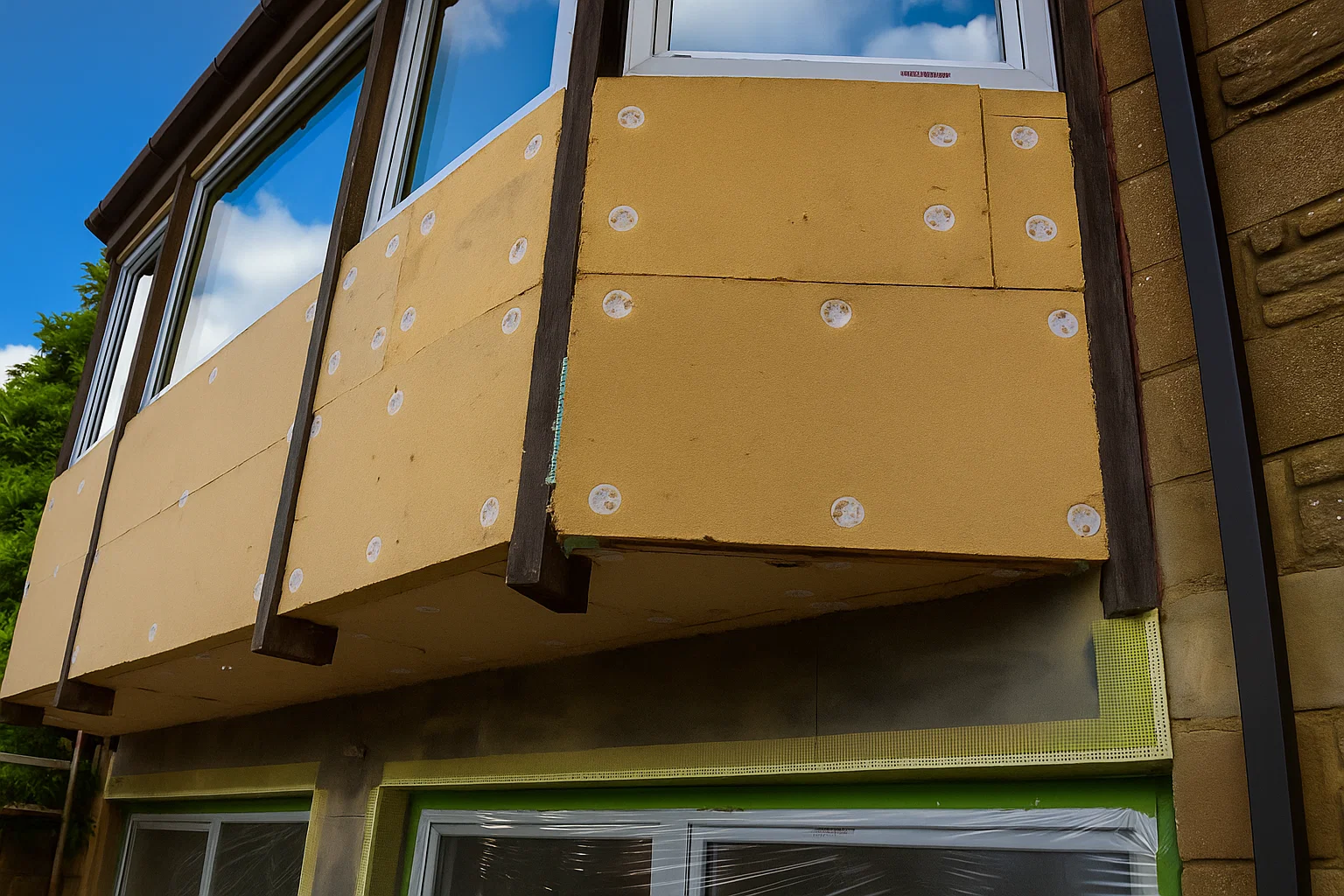
External wall insulation done properly
Recent reports about failing wall insulation have caused concern. But the problems relate to rushed national schemes, not the technology itself. At Cosy Homes Oxfordshire, every project is designed, checked, and supported locally – proving that when it’s
Step inside Oxford homes
Step inside Oxford homes during Oxford Open Doors 2025. Local households – including several of our proud clients – are opening their doors to show how they’ve cut energy use, improved comfort, and made their homes healthier
